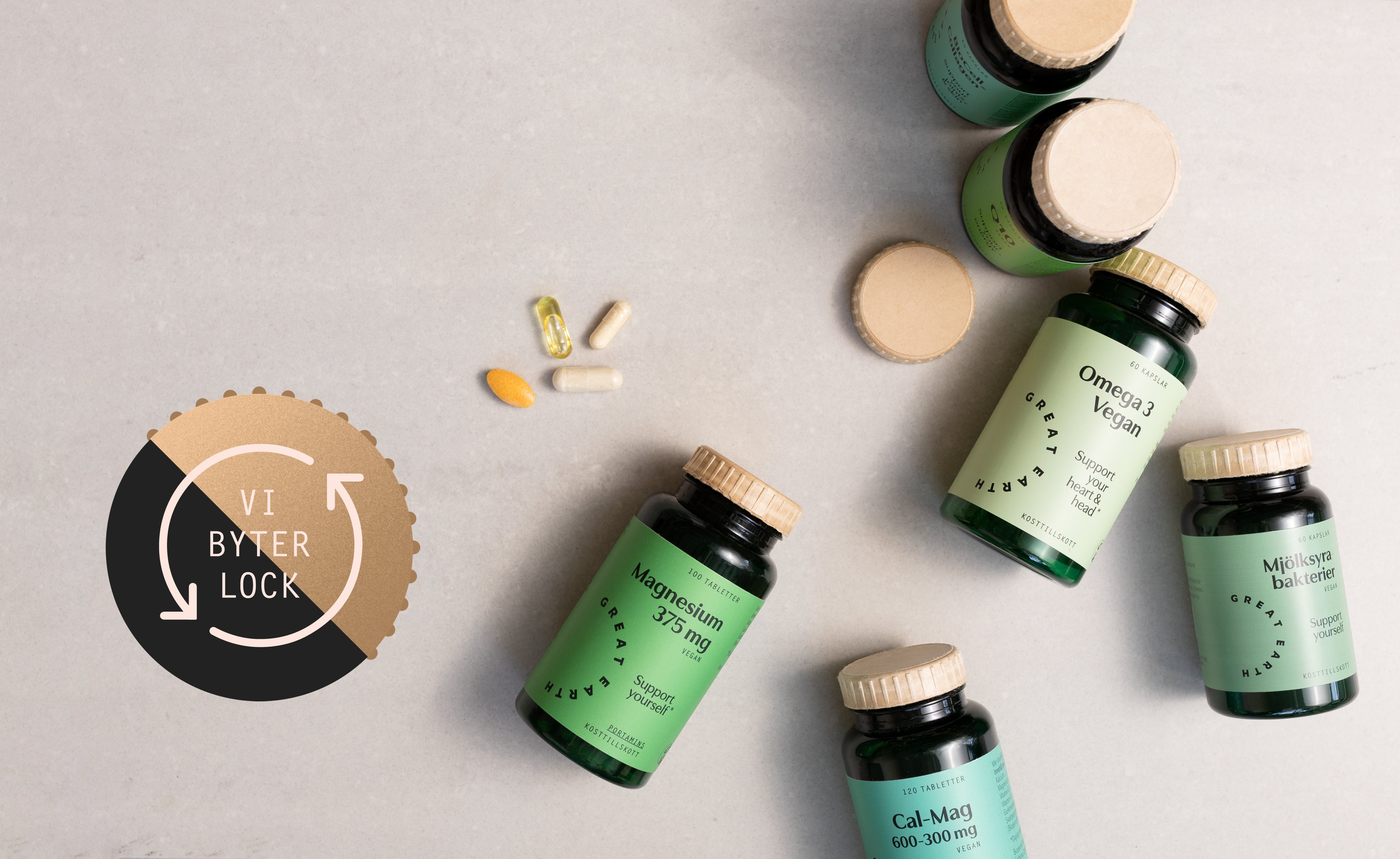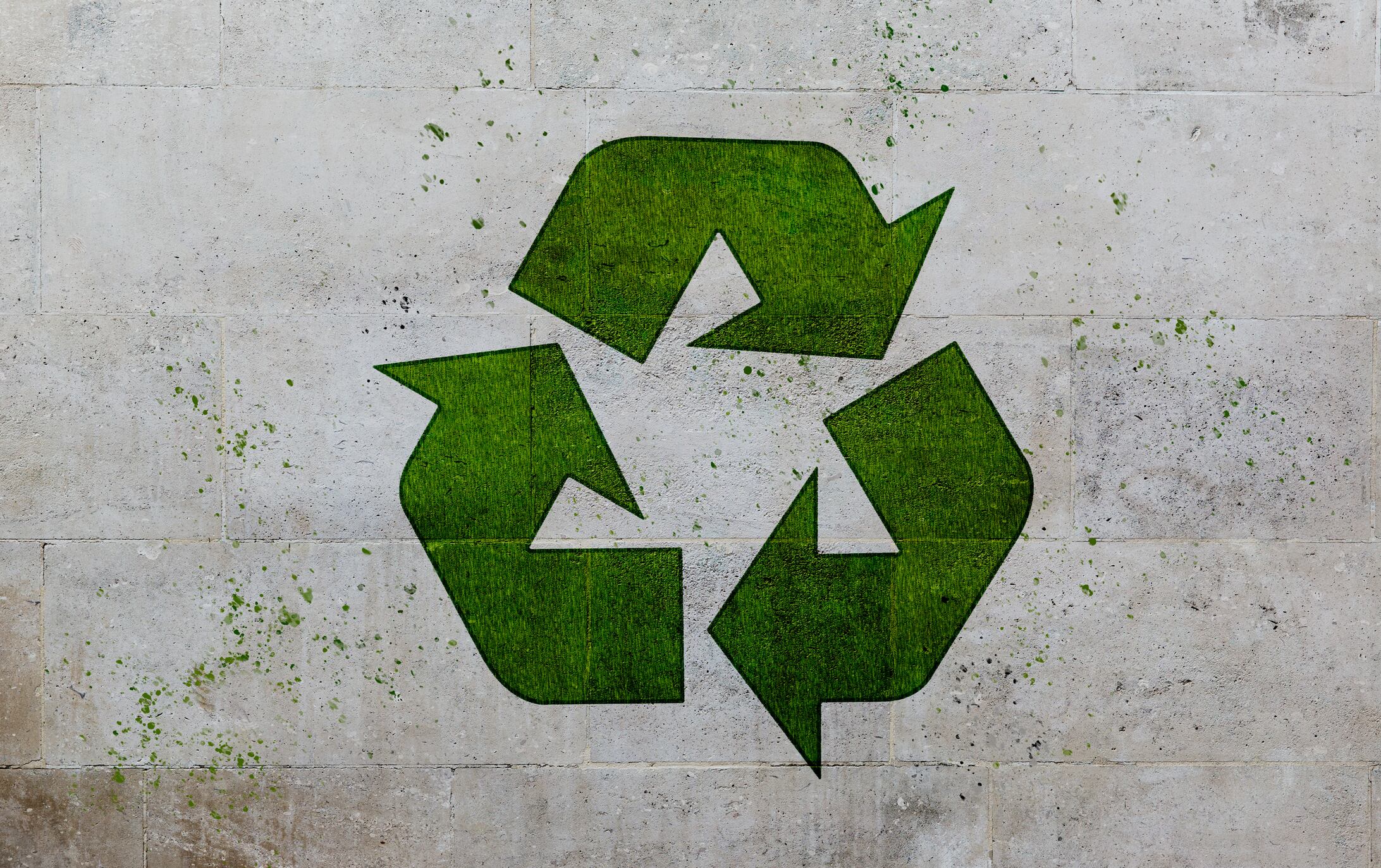The firm was the first company globally to adopt the groundbreaking fiber-based screw top closures when it trialled them in its Magnesium product line last year.
After the soft launch proved a success, both in terms of product quality, shelf stability and market response, the company has committed to the green alternative and exchanged all its plastic caps.
Developed by Swedish start-up Blue Ocean Closures, the closures are 95% fiber content, allowing Great Earth to reduce its plastic use by 2.6 tons annually and significantly lower the carbon footprint of its supplement packaging
“The collaboration with Blue Ocean Closures was a fantastic opportunity,” said Great Earth CEO, Patrik Falk. “For us, this transition is about two things: driving sustainability forward and meeting the consumer of the future.”
Named NutraCap, the fiber-based lids are a ‘drop-in solution’ that allow manufacturers to switch from plastics without exchanging or adapting machinery.
“Several consumer tests show that a big majority prefer the fiber-based cap compared to the plastic one, considering it to be more user-friendly and more environmentally beneficial,” Blue Ocean Closures CEO Lars Sandberg said, adding: “Retailers affirm it is important to reduce the use of plastic where possible and help customers make conscious choices.”
Meeting European recycling targets
Packaging and Packaging Waste Regulation (PPWR) legislation impacts all industries that package products. A key target is 100% recyclable packaging by 2030.
All packaging placed on the EU market must be recyclable in practice and at scale by 2030. Packaging with less than 70% recyclability will be banned from 2030, and less than 80% recyclable packaging will be banned from 2038.
According to Eurostat, paper and board have by far the highest recycling rate of all packaging materials, reaching around 85% in 2019.
The fibre-based packaging industry is aiming to raise the overall recycling rate of fiber-based packaging in Europe to 90% by 2030, driven by the 4evergreen alliance, a cross-industry initiative that includes stakeholders from across the fiber-based packaging value chain.
Developing low carbon closures
Founded in 2021, Blue Ocean Closures develops caps and lids made from cellulose fibers sourced from sustainably managed forests.
The fibers are biodegradable and free from microplastics. Recyclable as paper, the closures are designed to replace traditional plastic screw caps in sectors like nutraceuticals, cosmetics and beverages.
The firm uses vacuum press forming which it states is a dry, energy-efficient process that uses high pressure and heat to mold cellulose fibers into rigid, detailed shapes.
This method allows for detailed shaping, high surface quality, fast production cycles, and avoids melting, cooling, or drying, making it more energy efficient.





